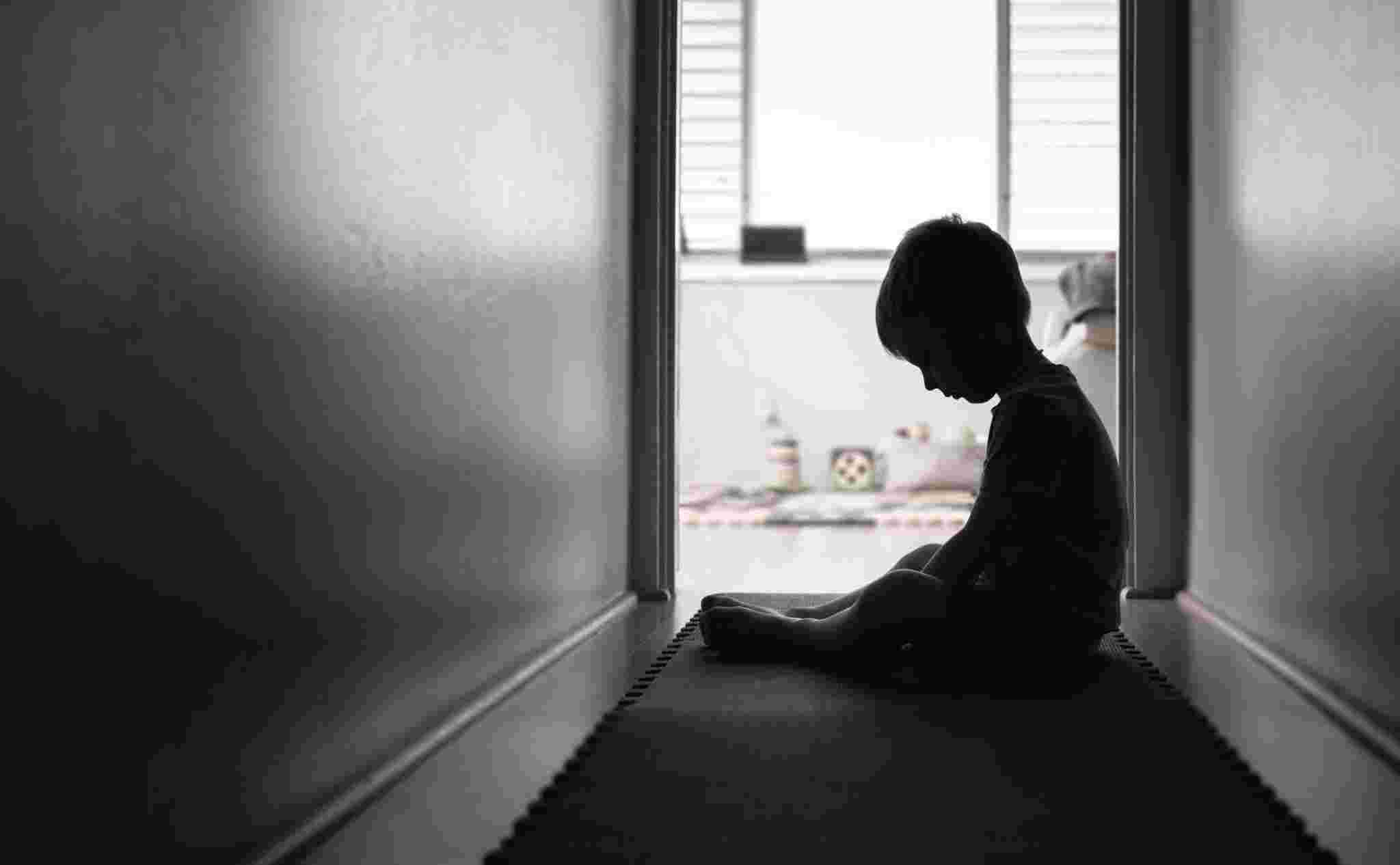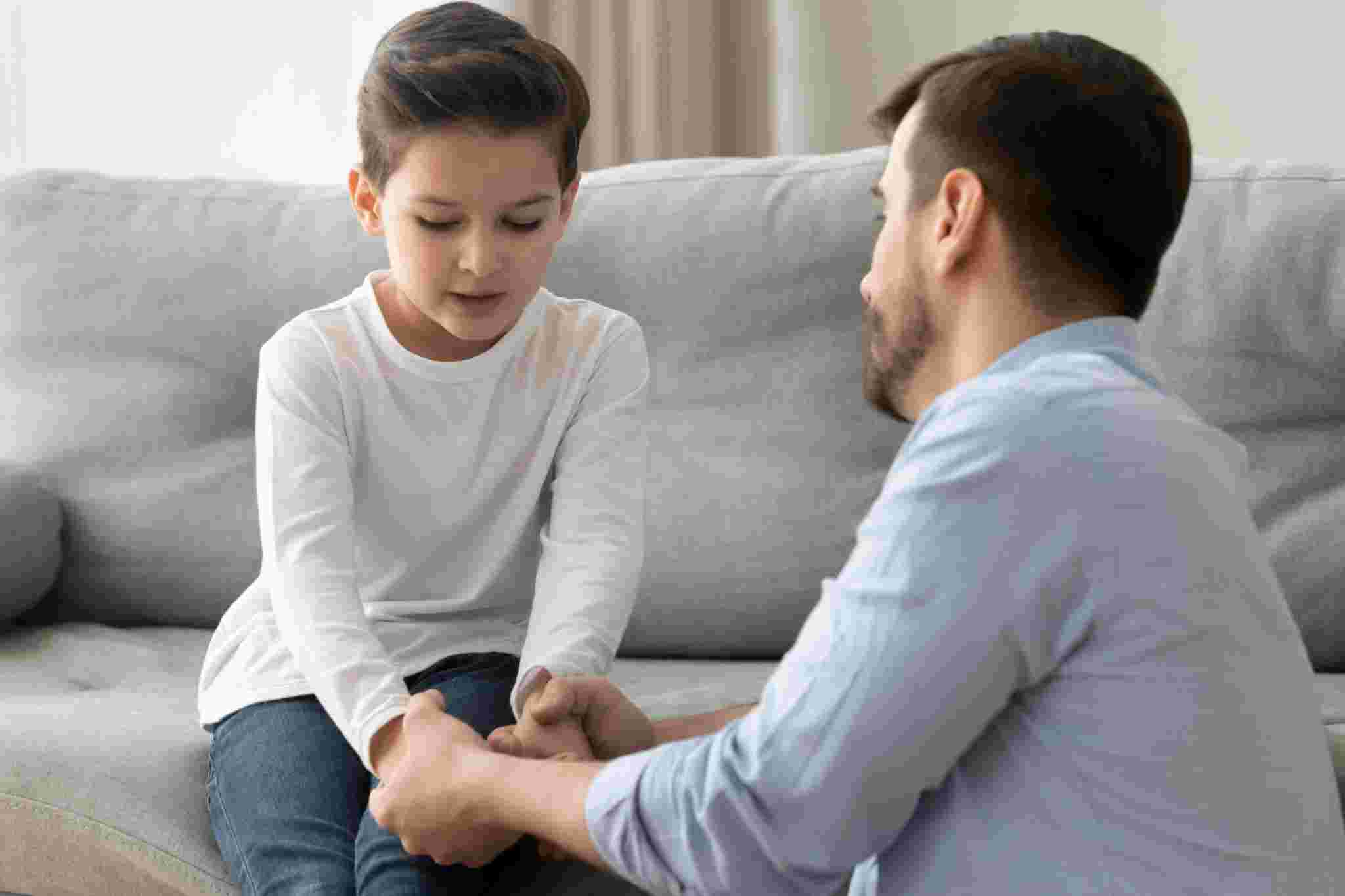As parents, we often witness our children’s unique personalities and tendencies emerge from an early age.
Some children are naturally outgoing, seeking social interactions and outdoor adventures, while others prefer the quiet comfort of home and solitude.
If you are the parent of a child who never wants to leave the house, you may have wondered about the reasons behind their preference for indoor activities and introspective pursuits.
In this article, we discuss the reasons why some children never want to leave the house, exploring potential factors and offering insights into how parents can navigate this challenging situation with understanding and support.
Why does my child never wants to leave the house?
There could be various reasons why your child may be hesitant to leave the house. It’s essential to consider each child’s unique personality, experiences, and circumstances to understand their specific reasons. Factors that could contribute to a child’s reluctance to leave the house:
1. Anxiety or fear:
Children, like adults, can experience anxiety, shyness or fear about going outside. This fear might be related to social situations, crowds, or even specific places.
Don’t miss:
- How long should I let my baby sleep after vaccinations? Explained
- What does it mean when a child is overly affectionate? Explained
2. Lack of interest:
If there are no engaging or exciting activities outside the house, your child may prefer to stay indoors where they have access to their preferred hobbies and entertainment.
3. Comfort and familiarity:
Home provides a sense of security and comfort. Some children might be more introverted or prefer being in familiar environments, leading them to resist leaving the house.
4. Family Dynamics:
Home life and family relationships can influence a child’s desire to leave the house. If there are unresolved conflicts or issues at home, they might prefer staying indoors to avoid confrontations or unpleasant situations.
5. Bad past experiences:
A negative experience outside the house, such as bullying or an accident, can lead to avoidance behaviors.
6. Health issues:
If your child is experiencing health problems or physical discomfort, they may prefer to stay indoors where they feel safer and can manage their symptoms more easily.
7. Parental influence:
Children can pick up on their parents’ attitudes towards going out. If you express anxiety or stress about going outside, it might influence their feelings too.
8. Technology and screen time:
Excessive use of screens and technology can make staying indoors more appealing and create a reluctance to venture outside.
9. Social difficulties:
If your child has difficulty making friends or interacting with others, they may prefer the isolation of staying home.
10. Depression:
In some cases, a lack of interest in leaving the house could be a sign of underlying depression or other emotional difficulties.
What to do when your child refuses to leave the house
If your child is refusing to leave the house, it can be a concerning and challenging situation. As a parent or caregiver, you can address the situation by:
1. Open Communication:
Talk to your child openly and without judgment. Encourage them to share their feelings and thoughts about going outside.
2. Identify Concerns:
Try to identify any specific fears your child may have about leaving the house. Understanding the root cause can help you find appropriate solutions.
3. Gradual Exposure:
If the issue is related to social anxiety or fear, try exposing your child to the outside world by taking small steps, like short walks or visits to familiar places.
4. Provide Support:
Offer your support and reassurance that you’ll be there for them as they venture outside.
5. Engage in Fun Outdoor Activities:
Plan enjoyable outdoor activities that align with your child’s interests to make going outside more appealing.
6. Validate their feelings:
Let your child know that their feelings are valid and that you are there to support them. Avoid dismissing their concerns or forcing them to do something they are uncomfortable with, as it can make the situation worse.
7. Establish a routine:
Create a predictable routine that includes regular outings and activities. This can help your child feel more secure and may reduce their resistance to leaving the house.
8. Listen actively:
Give your child an opportunity to express themselves fully. Listen attentively without interrupting or jumping to conclusions.
9. Determine the reason:
Try to understand the underlying reason behind your child’s refusal to leave the house. Have an open and non-judgmental conversation to get to the root cause.
10. Encourage social activities:
Provide opportunities for your child to engage in social activities with peers or family members in a safe and supportive environment. This can help improve their social skills and confidence.
11. Set achievable goals:
Work with your child to set small and achievable goals related to leaving the house. Celebrate their progress and accomplishments, no matter how small they may seem.
12. Create a safe environment:
Ensure that your child feels safe and secure both at home and outside. Address any potential sources of anxiety or discomfort within your home environment.
13. Be a role model:
Demonstrate positive behaviors and coping strategies when facing challenging situations. Children often learn by observing their parents’ actions and reactions.
14. Involve the school:
If your child’s refusal to leave the house is affecting their school attendance or social life, consider involving the school counselor or teachers. They may be able to offer additional support and understanding.
15. Be patient and understanding:
Changing behavior takes time, and your child may not overcome their reluctance to leave the house overnight. Be patient, supportive, and understanding throughout the process.
16. Seek Professional Help:
If your child’s refusal to leave the house is persistent and impacting their daily life, consider seeking professional help.
2 year old doesn’t want to leave the house
Young children do experience some resistance or reluctance when it comes to leaving the house. There could be several reasons for this behavior and understanding them can help you address the situation appropriately. Some reasons why a 2-year-old may not want to leave the house:
1. Routine and Familiarity:
Young children thrive on routines and familiarity. Leaving the house disrupts their sense of security and comfort, which can lead to resistance.
2. Separation Anxiety:
At this age, separation anxiety is common. Your child may feel anxious or uncomfortable when away from familiar surroundings and caregivers.
3. Fear of the Unknown:
New places and experiences can be overwhelming for toddlers. They may be unsure of what to expect outside the house.
4. Overstimulation:
The outside world can be full of new sights, sounds, and smells, which may be too much for a young child to handle, causing them to retreat to the comfort of home.
5. Communication Difficulties:
At this age, children may not have developed the language skills to express their feelings effectively. Refusing to leave the house could be their way of communicating discomfort or unease.
6. Physical Discomfort:
Check if your child is feeling unwell or has any physical discomfort that might be making them reluctant to go out.
The solution:
- Gradual Exposure
- Offer choices: Let them choose the shoes to wear or toy to bring along.
- Praise and reward your child when they cooperate and venture outside.
- Talk about the outing.
- Bring comfort items such as a favorite toy or blanket, to provide a sense of security during outings.
- Be Patient and understanding.
- Plan Fun Outings: Engage in activities that your child enjoys when outside the house.
3 year Old Doesn’t Want to leave
There can be various reasons why a 3-year-old might not want to leave the house and some tips to address the situation:
- Fear and Anxiety
- Routine and Familiarity
- Shyness and Social Anxiety
- Overstimulation
- Communication Difficulties
Tips to help encourage your child to leave the house more willingly:
- Start gradually
- Create positive associations
- Acknowledge and validate their feelings
- Be patient
- Be a role model
- Offer choices: Allow your child to have some control over the outing.
- Use positive reinforcement: Praise your child for their bravery and positive behavior during outings.
- Use distractions: Bring along their favorite toy or book to help them feel more at ease during outings.
- Arrange playdates or group activities with other children of a similar age to encourage social interaction.
4 year old doesn’t want to leave the house
Reasons why a 4-year-old may feel reluctant to leave, and it’s essential to approach the situation with understanding and patience.
- Fear of the unknown: Try to introduce them to new environments gradually and positively, making the experience fun and exciting.
- Separation anxiety: Offer reassurance and maintain a consistent goodbye routine.
- Routine and familiarity: Before going out, prepare them by explaining what they can expect and what fun activities they will do outside.
- Sensory sensitivities: Be mindful of their sensitivities and try to avoid overwhelming environments, especially at first.
- Respect their feelings: Offer support and encourage them to share their feelings.
- Create positive associations: Plan trips to places they like or involve them in choosing where to go.
- Playdates and socialization: Regularly expose your child to playdates and social interactions outside the home to build their confidence.
- Set a good example: Show enthusiasm for going out and trying new things yourself.
- Be patient: Avoid getting frustrated or upset with your child. Instead, offer praise and encouragement when they do venture outside.
5 year old doesn’t want to leave the house
How to encourage a 5-year-old to leave the house more comfortably:
- Create a safe environment: Make their room inviting and arrange activities they enjoy.
- Explore Outdoors Together
- Be Patient and Reassuring
- Encourage them to express their emotions and fears, so you can better understand their perspective.
- Praise and reward them when they make small steps toward leaving the house, even if it’s just stepping outside for a few minutes.
- Plan outings or activities that your child finds exciting and fun.
- Encourage social interactions by inviting friends or siblings to join outdoor activities.
- Avoid Overwhelming Situations
- Lead by Example
- Consult a Professional
6 year old doesn’t want to go anywhere
Reasons for a 6-year-old not wanting to go anywhere, and suggestions to help address the issue.
- Pay attention to how your child reacts in different environments.
- Fatigue or Overstimulation:
- Lack of Interest
- Peer Pressure
- Unresolved Emotional Issues
- Technology overuse or excessive screen time.
- Parental Reactions
- Fear of the unknown
- Anxiety or shyness
- Comfort at home
- Scheduling issues
- Previous negative experiences
- Attention-seeking behavior
- Social dynamics
Strategies to help:
- Gradual exposure
- Give choices: Offer your child some control.
- Use positive reinforcement as it can boost their confidence.
- Prepare in advance
- Bring comfort items
- Be a role model
- Routine and Familiarity: Maintain a consistent schedule and talk to your child about it.
In conclusion to today’s question of the day my child never wants to leave the house, it is essential for parents to understand and address the reasons why their child refuses to leave the house. Whether it’s social anxiety, fear, or a preference for indoor activities, open communication and support are crucial in helping the child build confidence and explore the world beyond their comfort zone. By providing a safe and encouraging environment, parents can gradually encourage their child to embrace new experiences and opportunities outside the home.











